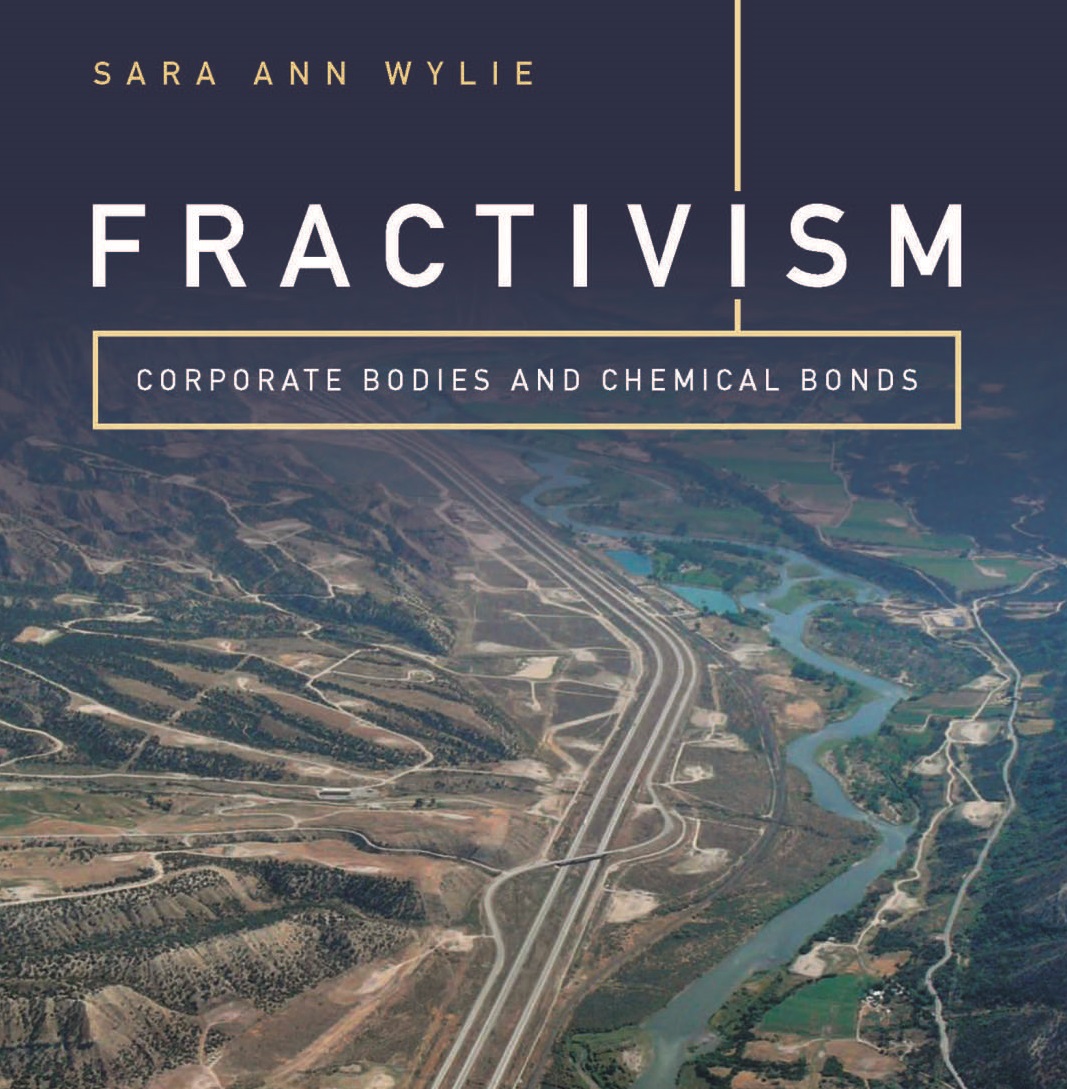We are thrilled to announce that SSEHRI faculty, Sara Wylie, has received the 2020 4S (Society of Social Studies of Science) Rachel Carson Prize for her 2018 book, Fractivism: Corporate Bodies and Chemical Bonds (Duke University Press).
The Carson Prize is awarded annually for a book in Science and Technology Studies with distinctive social and political relevance. Fractivism traces the history of fracking and the ways scientists and everyday people are coming together to hold accountable an industry that has managed to evade regulation. To learn more about Sara’s book, Fractivism, visit her website here.
Rachel Carson Prize Committee Announcement:
This year’s Rachel Carson Prize Committee awards the prize to Sara Ann Wylie. The prize committee includes Roopali Phadke (Chair, Macalester College, US), Aalok Khandekar (IIT Hyderabad, India), María Belén Albornoz (Latin American Faculty of Social Sciences, Ecuador), Hsin-Hsing Chen (Shih-Hsin University Graduate Institute, Taiwan).
The Award Committee received 78 books to consider for the prize and shortlisted 10 works for this year’s prize, evaluating books for their overall scholarly quality, their contributions to the field of Science and Technology Studies, and their capacity to cast social or political issues in a new light. We found Fractivism: Corporate Bodies and Chemical Bonds to be exemplary across all three of these criteria.
“Sara Ann Wylie’s interdisciplinary book Fractivism: Corporate Bodies and Chemical Bonds (Duke University Press, 2018) contributes to a range of fields of interest to STS scholars, including postcolonial anthropology, digital-media studies, citizen science, and environmental health and justice movements. Wylie traces the history of fracking and its landscape transformations. Wylie also provides insights into how nonprofits, landowners, and community organizers create novel digital platforms and databases, like the Landman Report Card and WellWatch, to track unconventional oil and gas well development and document fracking’s environmental and human health impacts. These online, user-generated databasing and mapping tools help connect academics with grassroots movements, toward holding government regulators and the fossil fuel industry accountable for their often “invisible” actions.
The Carson Prize Committee recognized the important reach of Wylie’s book. In addition to its thorough portrait of the ground-level realities experienced by fracking communities, Wylie models how “making and doing” in STS practice can develop civic infrastructures that contribute to social justice.
Congratulations, Sara!
